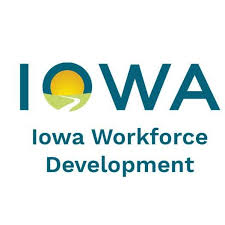Grassley: Enact balanced-budget amendment, cap spending

Sen. Chuck Grassley, who spoke during a breakfast meeting this morning with Greater Des Moines Partnership members in Washington, D.C., told the Business Record that he’d like to see Congress vote on a constitutional amendment that would require a balanced budget.
“I feel very strongly that we should have a constitutional amendment requiring a balanced budget,” he said during a midday telephone interview.
Republican leaders and the White House are currently discussing a deal that would enact strict deficit targets and some spending cuts to win Republican votes for lifting the ceiling on how much the federal government can borrow.
Following his meeting with Partnership members, Grassley was among nine Republican senators who met with President Barack Obama to discuss the debt limit. “(Obama) listened very intently,” Grassley said. Though it was not a negotiating session, “there was a lot of give-and-take,” he said.
In addition to a balanced-budget amendment, Grassley said he believes there should also be a “hard cap” set on spending, which if exceed would trigger automatic, across-the-board budget cuts, similar to the Gramm-Hollings Balanced Budget and Emergency Deficit Control Act of 1985. Spending must also be reduced in the fiscal 2012 budget, he said.
“There are a lot of congressional initiatives that can be done to reduce spending,” Grassley said. However, “there are some things, like Medicaid and other issues, that are so sensitive that nothing’s going to happen without presidential involvement.”
The Treasury Department auctioned $56 billion in new debt on Tuesday and Wednesday, enough to take the government over its federal debt ceiling when the three- and 10-year notes settle on May 16, according to the Dow Jones News Service. Treasury officials last month flagged May 16 as the day the government would hit the $14.294 trillion debt limit.
The Obama administration has asked Congress to raise the limit, warning that failure to act could lead the government to default by Aug. 2, meaning a range of payments would be stopped, limited or delayed.










